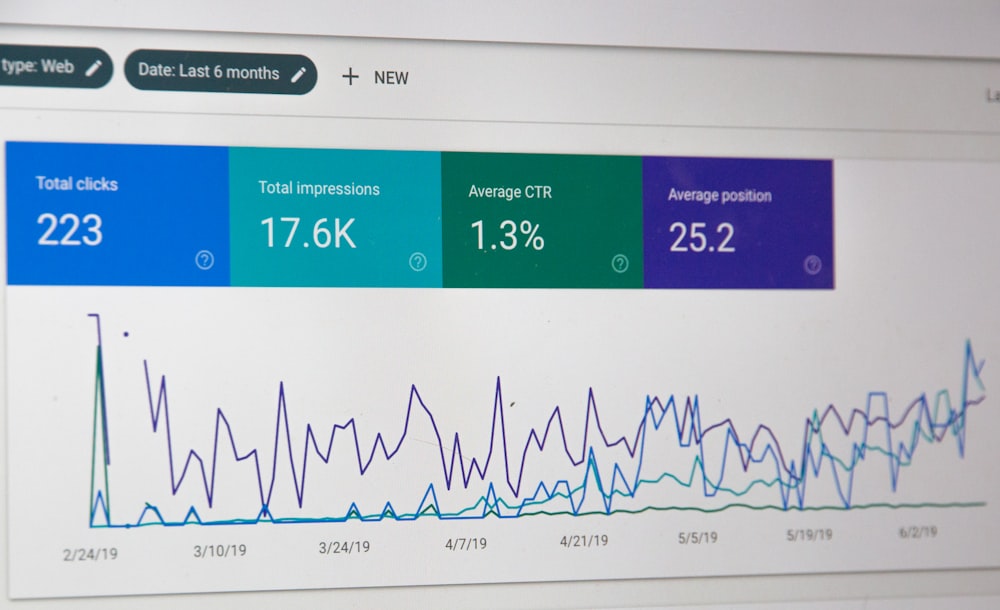The most effective way to boost your rankings on search engines is to acquire backlinks that are relevant to your website. However, there are certain things you should know before you start.
It can take some effort and time to discover the right contextual links. But it’s well worthwhile in the long run. The benefits will be evident over time, including more prominent keyword rankings.
Are Contextual Backlinks a Good Idea?
Contextual backlinks are an essential part of SEO or search engine optimization (SEO). These backlinks can help you get higher rankings in Google’s SERPs, and increase your organic traffic.
Guest blogging is a great way to build contextual links. It is essential to make sure that the guest blogging website is relevant to your industry and business.
Link-building campaigns that are reciprocal can be another method of establishing contextual backlinks. They can be accomplished via social media or email.
It is important to search for websites that have significant authority and relevant users. They are more likely be to link back or include your business’ name in articles.
Google makes use of contextual backlinks to determine ranking. Google will utilize these backlinks to determine the quality of the site and the context of other websites that link to it.
What are context-related connections?
Contextual hyperlinks are a form of backlink used to help your website improve the search engine rankings of your site. They are more beneficial than standard links due to the fact that they are considered to be more pertinent to a particular page or topic.
Google believes that contextual links represent an affirmation of the quality of your work. They establish credibility for the site and the person who is that they link to.
The most effective contextual links are organic and come from high-quality websites. They must be included in articles that are relevant and makes sense to your specific niche, and your business.
A great way to increase the amount of traffic that your site receives and improve search engine ranking is to add more contextual links. It’s also a great way to position your brand in the industry as an authority.
Web 2.0 Contextual Link Backlinks
Web 2.0 contextual backlinks are those that are placed within the text of the content. These are essential because they allow search engine to identify the context for the content or piece of text and rank it accordingly.

It’s important to make high-quality hyperlinks, not just one or two from web 2.0 platforms. Google won’t penalize your website in the event that you don’t employ white hat methods for creating these hyperlinks.
How to get a Contextual Link
Contextual links are one of the most popular types of search engines. These links are provided by trusted sources pertinent to the content the content to.
Establishing relationships with domains that have significant authority is crucial in order to get relevant links. This can be done through guest posts, interviews and other link building strategies.
These strategies can help you create a community with high-quality content and sites that connect to yours, If you apply them correctly. This will lead to increased traffic and better ranking for your site.
Internal hyperlinks allow you to get contextual links. These are hyperlinks within your website that point directly to other pages on your site that provide relevant and useful information. This helps your readers spend more time on your site and keeps them engaged with your content. It is also better for SEO.

